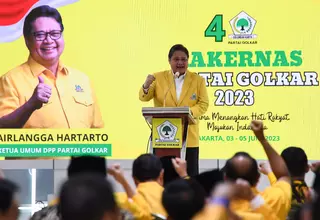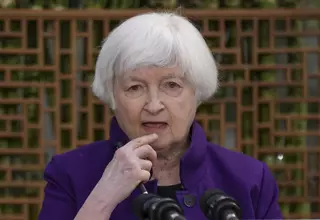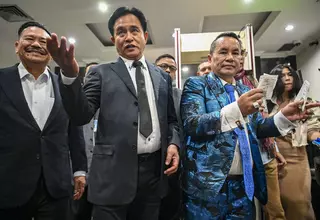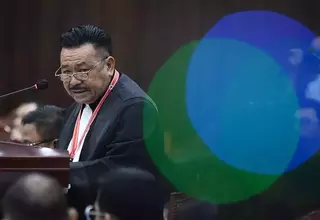Digital Property Rights Debate Heats Up in Nafta Renegotiation
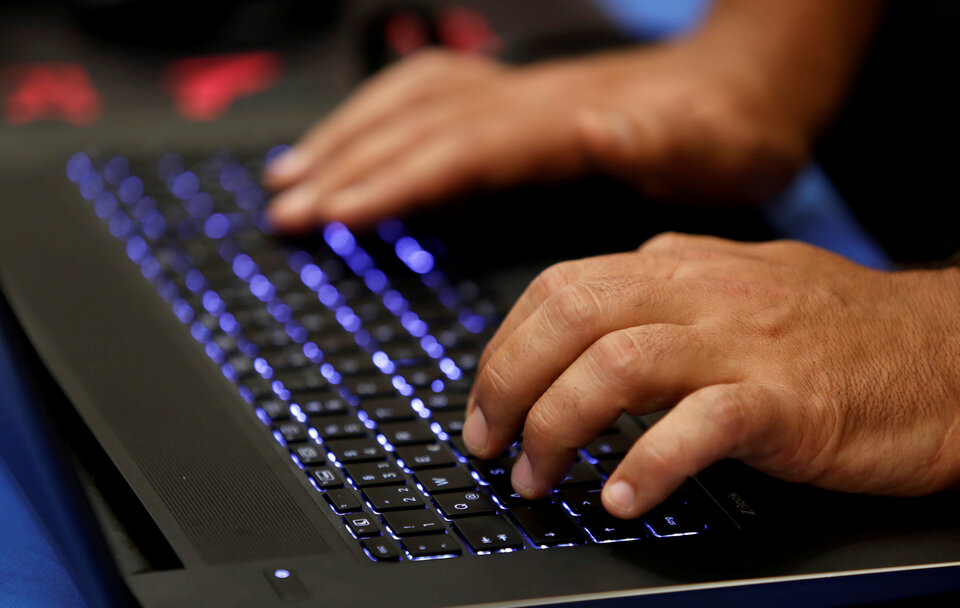
Toronto. As Canada, the United States and Mexico renegotiate the North American Free Trade Agreement, or Nafta, digital property rights provisions should be amended to reflect changes in technology, said legal experts and trade groups with opposing views on what to include in the shift.
Part of the debate centers around how countries regulate so-called digital lock provisions or technological protection measures which companies place on devices or software in what they say is a tool to fight piracy.
The impact of digital property rights extends from computer systems inside modern farm tractors to e-books, movies, cloud computing software and cross-border information flows.
Analysts say negotiations over these little-known property provisions will profoundly impact students, farmers and consumers across North America as officials work to update one of the world's largest trading blocs.
"Trade agreements do not just deal with commodities crossing borders," said Jahangir Valiani, a policy analyst at the Canada West Foundation, a Calgary-based think-tank.
"There needs to be some deeper thinking about these digital issues," Valiani told the Thomson Reuters Foundation.
'Beholden to Technicians'
Ian Robson, a wheat and canola grower in central Canada's Manitoba province, said digital lock provisions are holding farmers hostage.
"Farmers are concerned with the digital lock rules or intellectual property rights regarding computer technology used to control farm machines," Robson told the Thomson Reuters Foundation.
Tractors, harvesters and other large farm machines have complex computer software embedded inside of them.
When the machines break down, digital lock provisions mean farmers must take the equipment to official dealerships for repairs, rather than being able to fix the devices themselves or with local technicians.
The lock provisions mean that only the company who sells the machines has access to the codes to repair them. Tampering with the digital locks is prohibited by intellectual property rules enshrined in trade agreements.
"We are now beholden to company technicians to make any repairs," said Robson, who represents the National Farmers Union, a Canadian advocacy group pushing for intellectual property rules to be changed in future trade agreements.
"Under these trade deals governments are giving up the democratic rights of citizens to control the terms of commerce."
Protecting Intellectual Property
Supporters of strict rules on digital locks say the measures spurn new innovation by allowing firms to defend their intellectual property rights when developing new products.
"These types of provisions are essential for any modern trade agreement," said Keith Kupferschmid, chief executive of the Copyright Alliance, a US-based lobby group for software developers, photographers, the entertainment industry and others.
Thomson Reuters is a member of the Copyright Alliance.
Digital technology has changed so much since Nafta was signed in 1994 that trade officials need to strengthen digital intellectual property protections during the renegotiation, Kupferschmid said.
"Technological protection measures are so important because they give creators and innovators the comfort level to distribute their products online," he said.
There could be a few exceptions allowing consumers to "legally break digital locks" such as farmers wanting to fix their own machines, Kupferschmid said.
But these should be specific and "narrowly focused" to stop copyright infringement.
Exceptions
Canada allows educational institutions to use copyrighted text books without having to compensate the book's publishers and makes another exception for user generated content, such as a DJ remixing a previously recorded song, he said.
Kupferschmid wants US trade negotiators to pressure Canada to tighten those rules while urging Mexico to better enforce its existing intellectual property laws.
Michael Geist, a University of Ottawa law professor who studies trade agreements, said Canadian regulators should do the opposite, loosening Nafta's intellectual property clauses.
Digital locks, for example, restrict what students can do with the e-books they are required to buy for school, Geist said.
The same locking problem also applies when students or other users try to sample a section of a DVD to extract a short clip to use for a creative project.
"User rights and flexibility in the laws must be treated equally in the digital and analogue world," Geist told the Thomson Reuters Foundation.
"Perfectly legal activities should not be blocked because someone puts a digital lock on the content."
Reuters
Tags: Keywords:POPULAR READS
Nissan to Make Next-Generation EV Batteries by Early 2029
Solid-state batteries are widely seen as the next step for EVs.Airlangga Set to Extend Leadership in Golkar After Election Success
Under his leadership, Golkar rose to the second position in the legislative polls and successfully made Gibran the elected vice president.Yellen Says Iran's Actions Could Cause Global 'Economic Spillovers'
Iran's missile attack on Israel early Sunday came in response to what it says was an Israeli strike on Iran's consulate in Syria.Takeaways from Prabowo's Responses to Legal Motion Contesting His Election Win
Part of the argument addresses the claim that the candidacy of Gibran Rakabuming Raka, Prabowo’s running mate, is unlawful.Prabowo Camp Cites ‘Procedural Error’ in Legal Challenge by Rival Candidates
The Constitutional Court's main task is to address alleged discrepancies in vote tallies, which neither of the plaintiffs challenged.Popular Tag
Most Popular
















